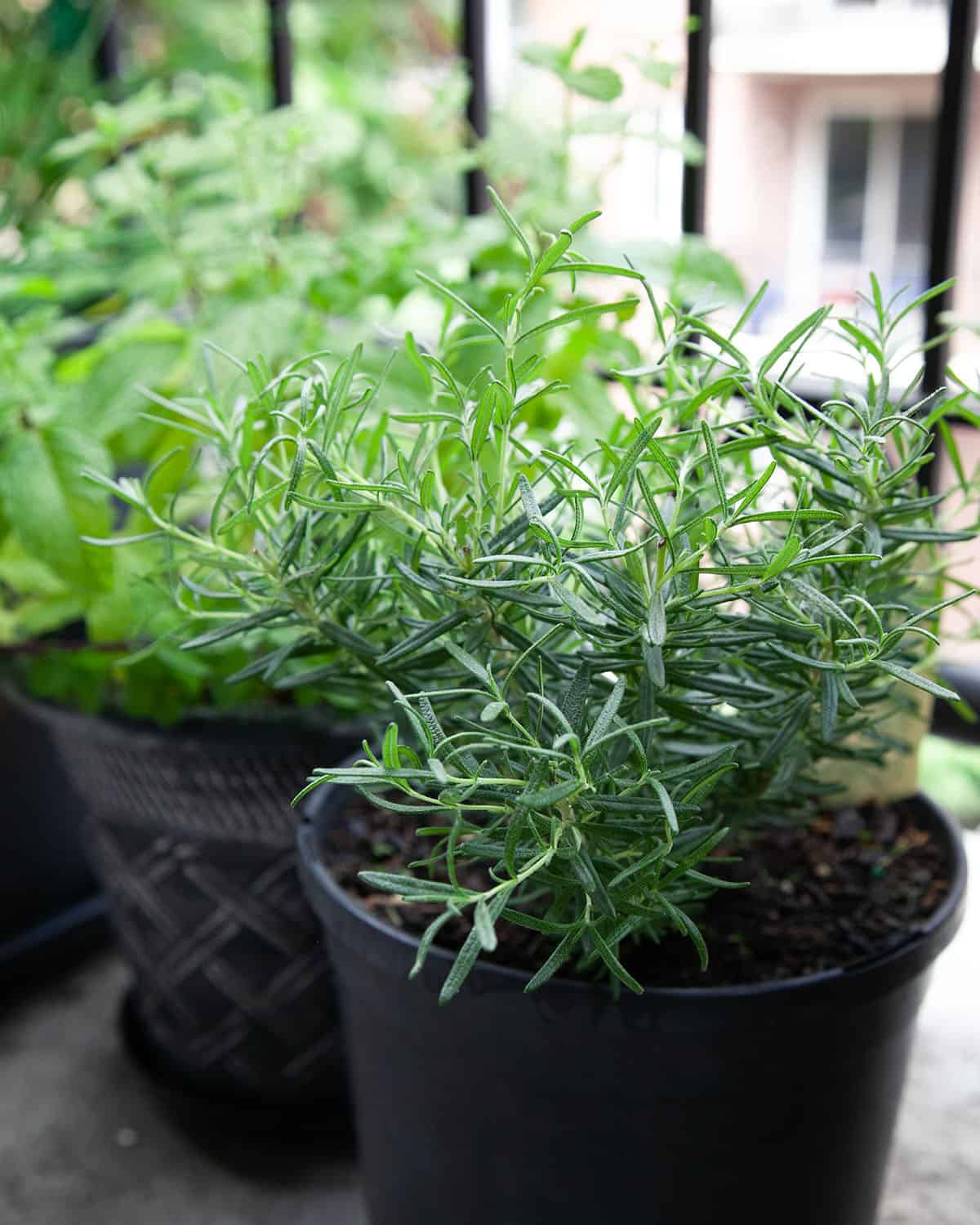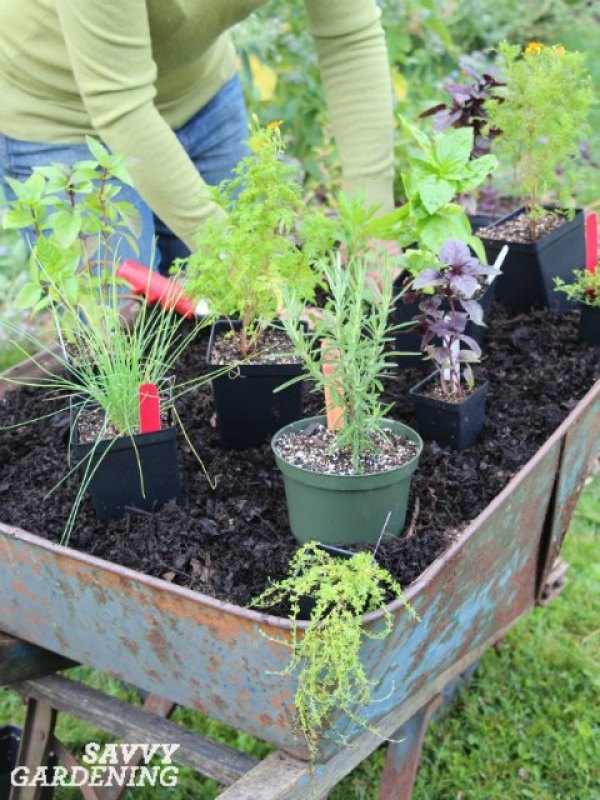Planting herbs in containers is fun. It is also easy! You don’t need a big garden. Just a small space is enough. This guide will help you plant herbs. You can do it at home.
Why Plant Herbs in Containers?
There are many reasons. Containers save space. They are easy to move. You can bring them inside when it’s cold. They also look nice. You can have fresh herbs all year.
Choosing the Right Container
Pick a container. It can be plastic, clay, or metal. The container should have holes. This helps water drain. Without holes, plants can get too wet. Too much water is bad for herbs.
Size is important. Bigger containers hold more soil. More soil means more space for roots. More roots mean bigger, healthier plants. Choose a size that fits your space.

Credit: urbanpantrygarden.com
Picking the Best Soil
Herbs need good soil. Buy potting soil from a store. Do not use garden soil. Garden soil is too heavy. Potting soil is light. It helps roots grow.
Add some sand or perlite. This helps water drain. Good drainage keeps roots healthy.
Selecting Herbs to Plant
Many herbs grow well in containers. Here are some good choices:
- Basil: Use it in salads and pasta.
- Mint: Great for tea and desserts.
- Thyme: Adds flavor to meat dishes.
- Parsley: Perfect for garnishing.
- Rosemary: Use it with roasted vegetables.
Choose herbs you like. Think about what you cook. Pick herbs you will use.

Credit: www.herbexpert.co.uk
How to Plant Your Herbs
Follow these steps to plant your herbs:
- Fill the container with potting soil. Leave some space at the top.
- Make a small hole for each herb plant.
- Place the herb in the hole. Cover the roots with soil.
- Press the soil gently. This holds the plant in place.
Water the herbs after planting. Not too much. Just enough to make the soil moist.
Caring for Your Herbs
Herbs need sunlight. Place containers in a sunny spot. They need at least six hours of sun daily. Water when the soil feels dry. Stick your finger in the soil. If it’s dry, water the plant.
Too much water is bad. It can cause root rot. Be careful not to over-water.
Fertilize herbs once a month. Use a liquid fertilizer. Follow the instructions on the label.
Harvesting Your Herbs
Harvest herbs when they are big enough. Use scissors to cut the leaves. Do not take too many leaves. This can hurt the plant.
Leave some leaves on the plant. This helps it grow back.
Common Problems and Solutions
Here are some common problems:
- Yellow Leaves: Could mean too much water. Let the soil dry out.
- Wilting: Might need more water. Check the soil moisture.
- Pests: Look for bugs. Use soap water to spray them off.
Keep an eye on your herbs. Solve problems quickly.
Benefits of Growing Your Own Herbs
There are many benefits. Fresh herbs taste better. They are healthier. You save money. Store-bought herbs can be expensive. Growing herbs is relaxing. It is a fun hobby. You also help the environment.
Frequently Asked Questions
What Herbs Grow Best In Containers?
Basil, mint, parsley, thyme, and chives thrive well in containers with good drainage.
How Often Should Container Herbs Be Watered?
Water herbs when the top inch of soil feels dry to touch.
What Size Container Is Ideal For Planting Herbs?
Choose containers at least 6-12 inches deep to allow root growth.
Can Container Herbs Grow Indoors Successfully?
Yes, with enough sunlight and proper watering, herbs grow well indoors.
Conclusion
Planting herbs in containers is easy. Anyone can do it. You just need a few supplies. Follow the steps in this guide. Soon, you will have fresh herbs at home. Enjoy cooking with them. Enjoy the fresh flavors.
4 min read

